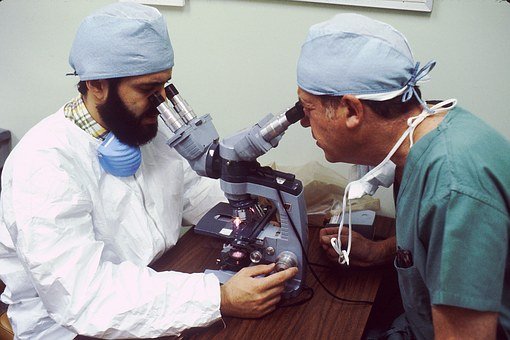A simple Nephrectomy is a procedure to remove a kidney. On the other hand, a radical Nephrectomy involves the process of removal of the adrenal gland, in some cases, even lymph nodes. Standard treatment of damaged or localized kidney cancer if open Nephrectomy. Under this procedure, the kidney is removed under general anesthesia through a large incision which can be in the side of the body or in front of the abdomen or at the back. The need for a Nephrectomy is when the patient suffers from
· Kidney cancer
· Severe trauma to the kidney
· Benign disease such as symptomatic hydronephrosis
· Chronic infection
· Polycystic kidney disease
· Shrunken kidney
· Hypertension
· Renal calculus
Generally, a Nephrectomy is done when the patient has either cancer of the kidney or else the patient’s kidney is non-functioning. In the case of kidney cancer, radical laparoscopic nephrectomy is performed to remove the entire kidney, and adrenal gland .in the case of the non-functional kidney caused by stones or lack of blood simple laparoscopic nephrectomy is performed. It is mainly done to avoid recurrent pain and infection because of infection.
Laparoscopic Nephrectomy
It is the type of surgery done to remove one of the two kidneys that are at the back of the abdominal cavity. The kidney is a vital organ of the body, which makes urine by filtering waste products as well as excess fluid from the blood. Urine drains from the kidneys all the way through the ureters into the bladder where it is stored until the person is ready to go to the toilet. Laparoscopic Nephrectomy is the procedure performed by removing an entire kidney through the keyhole incisions at the side of the body amid ribs and hip.
After the surgery
However, the Nephrectomy has proven to be very safe, but the same as other surgical procedures; it also involves some risks and complications. Some risks include:
Bleeding – there is a loss of blood for sure but is typically minor
Infections – however, patients are treated with intravenous antibiotics beefier the starting of surgery, so there are fewer chances of infections. But in some cases, patients experience infections.
Organ or tissue injury- it is rare but is possible that surrounding tissue or any organ get injured. Damage could also occur to nerves or related muscles too.
Hernia – it is also very rare but can occur if the incision site is not closed carefully.
Precautions after Nephrectomy
There are some precautions which should be taken by patients after Nephrectomy:
· Maintaining a healthy lifestyle with some moderate exercises
· Avoiding heavy lifting along with other activities for about six weeks
· Getting regular checkups is necessary
· Maintain a healthy weight
Advantages of laparoscopic nephrectomy
Laparoscopic nephrectomy shows similar benefits as traditional surgical techniques. It is considered as the most preferred method for a kidney transplant donor.
Some advantages of laparoscopic nephrectomy are listed below:
· Shorter hospital stay
· Smaller incisions
· Shorter recovery time
· Few postoperative complications
Top doctors for Nephrectomy in India
· Dr Arun Halankar, Mumbai – Having 41 years of experience
· Dr Prakash KC, Chennai – having 36 years of experience
· Dr Rajeev Annigeri, Chennai – having 22 years of experience
· Dr Saurabh Pokhriyal , Gurgaon – having 20 years of experience
Nephrectomy Cost in India
Nephrectomy Cost in India ranges from USD 3500 to USD 4860 and is performed under anesthesia. The typical length of surgery is about three to four hours and is performed through three small about one cm incisions in the abdomen. Small instruments and telescope are inserted into an incision made in the abdomen. The kidney is subsequently placed inside a plastic sack and removed whole through an extension. Our above list of Top Doctors for Nephrectomy in India will help you for sure.





